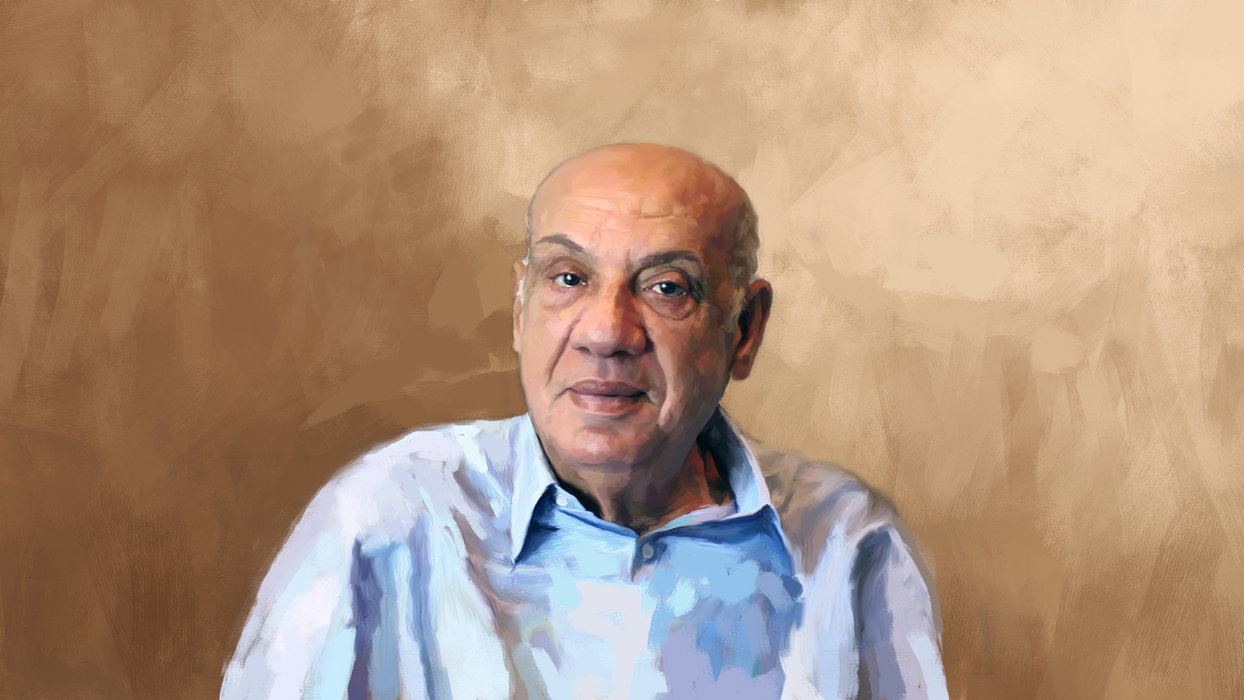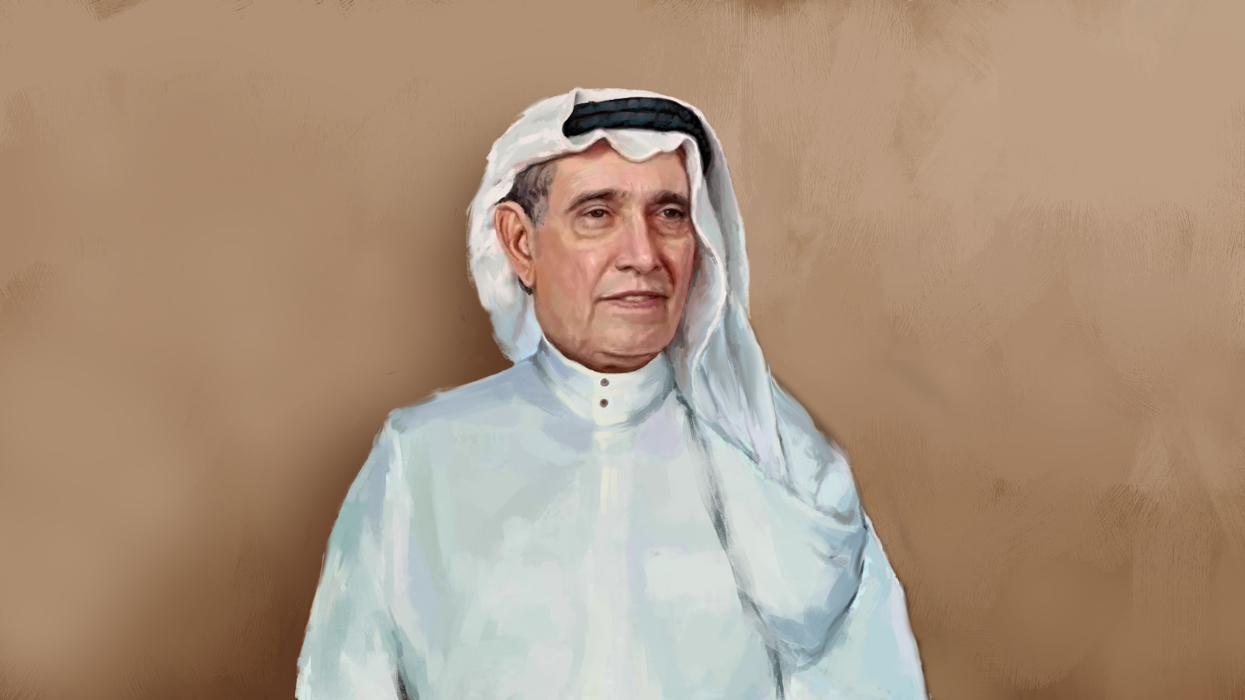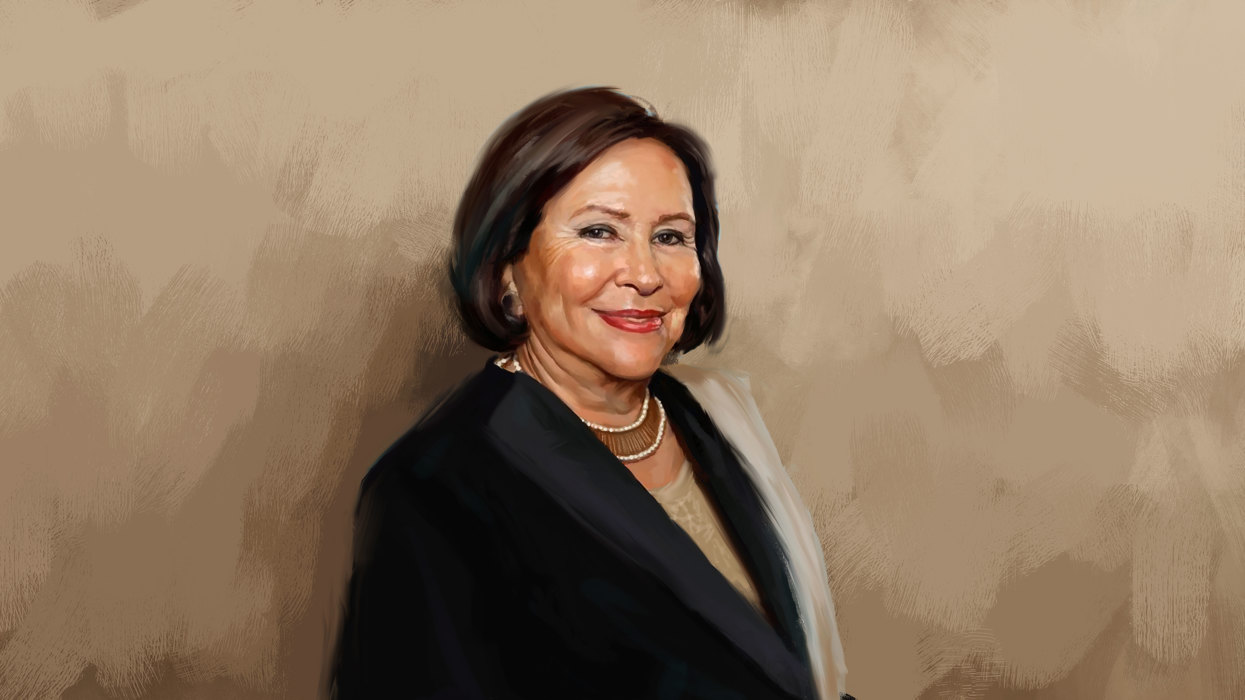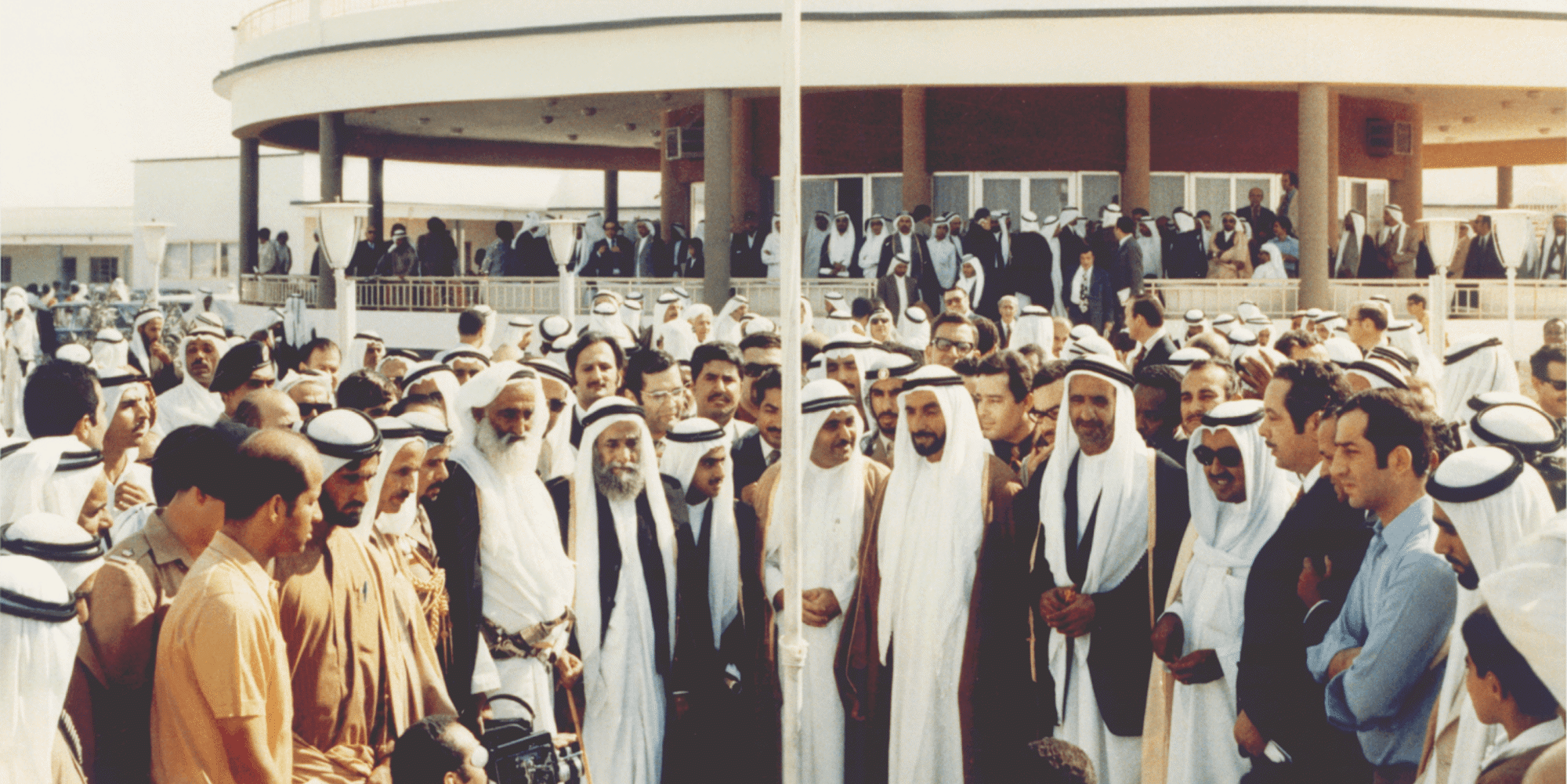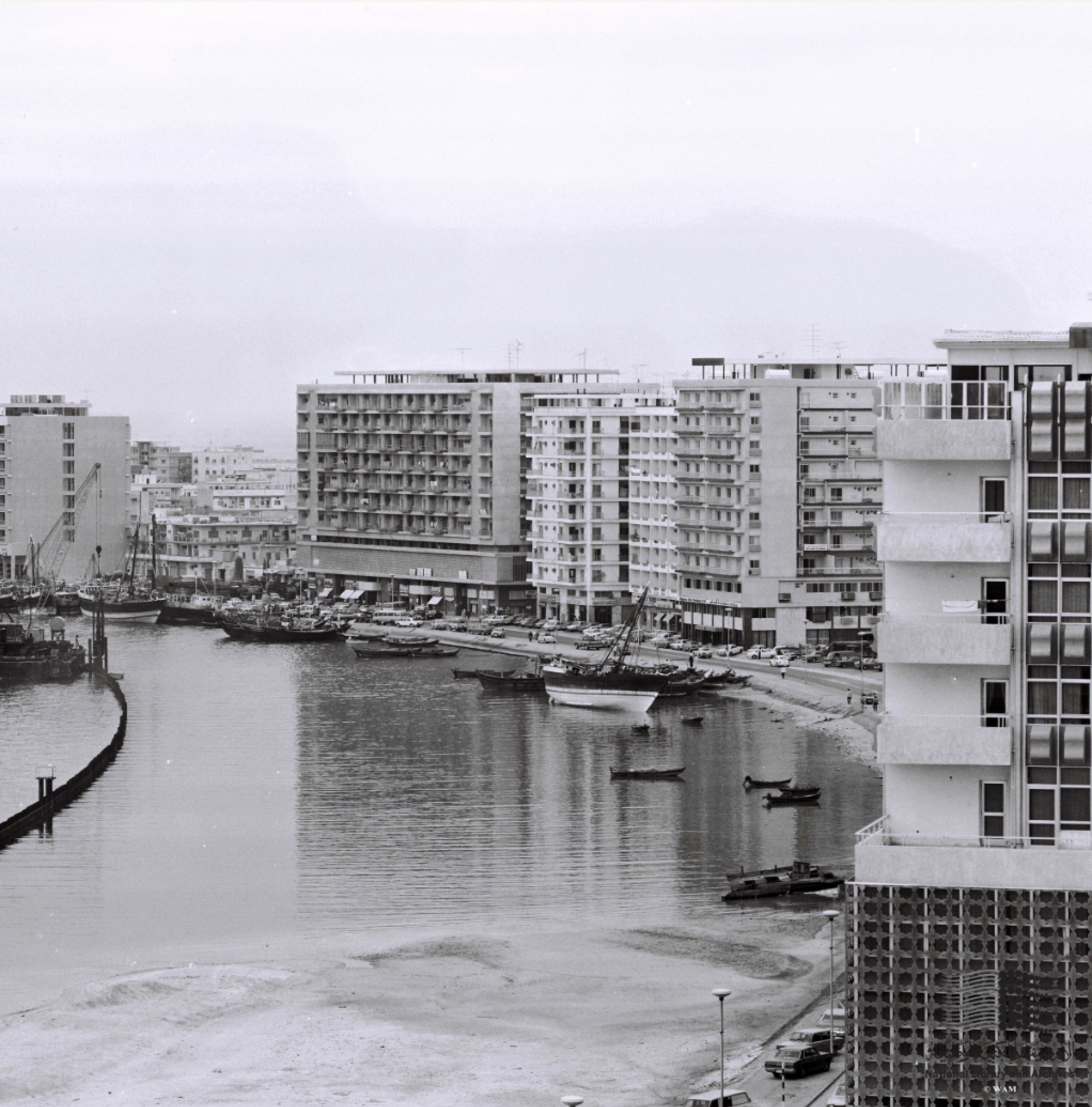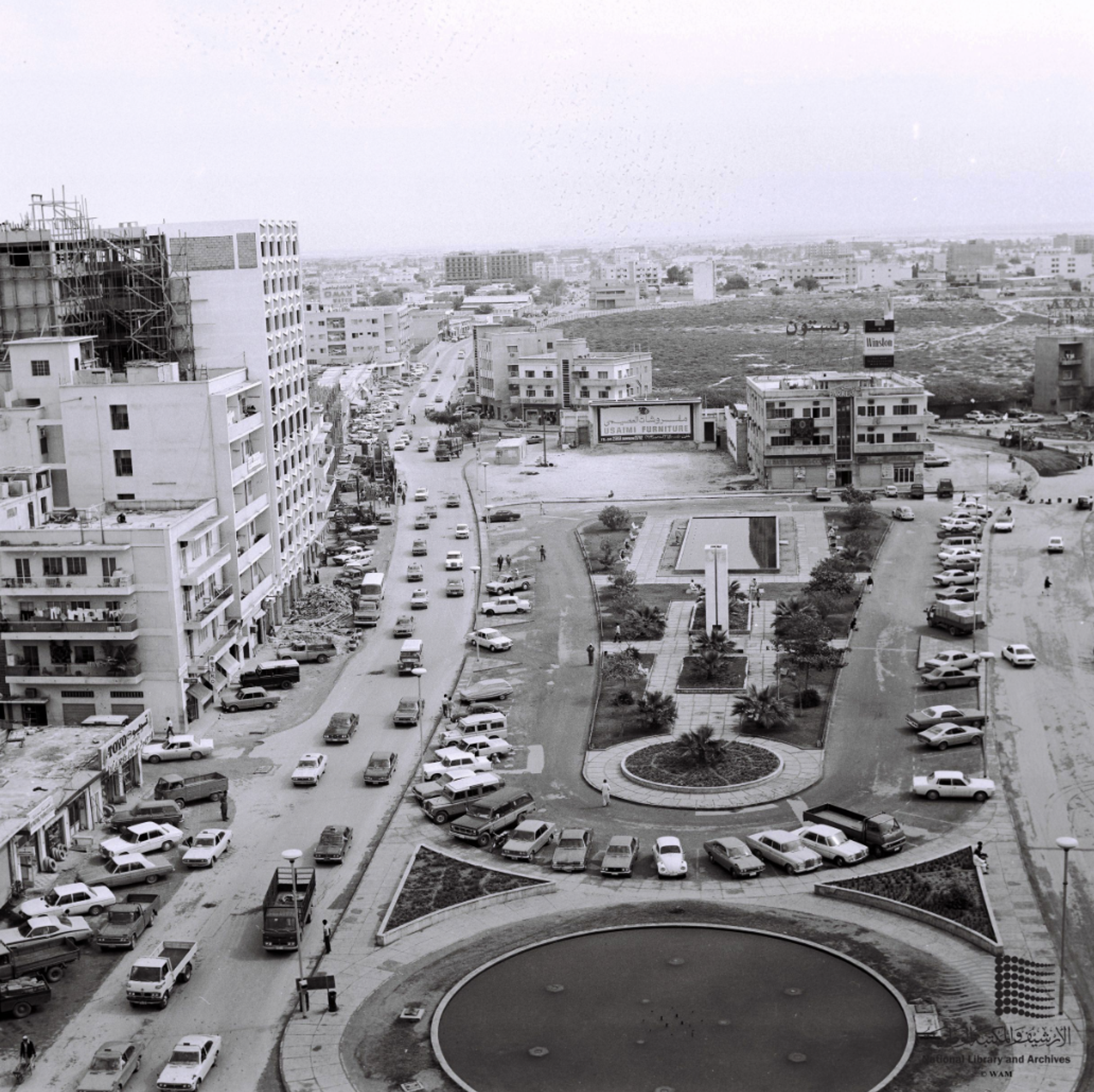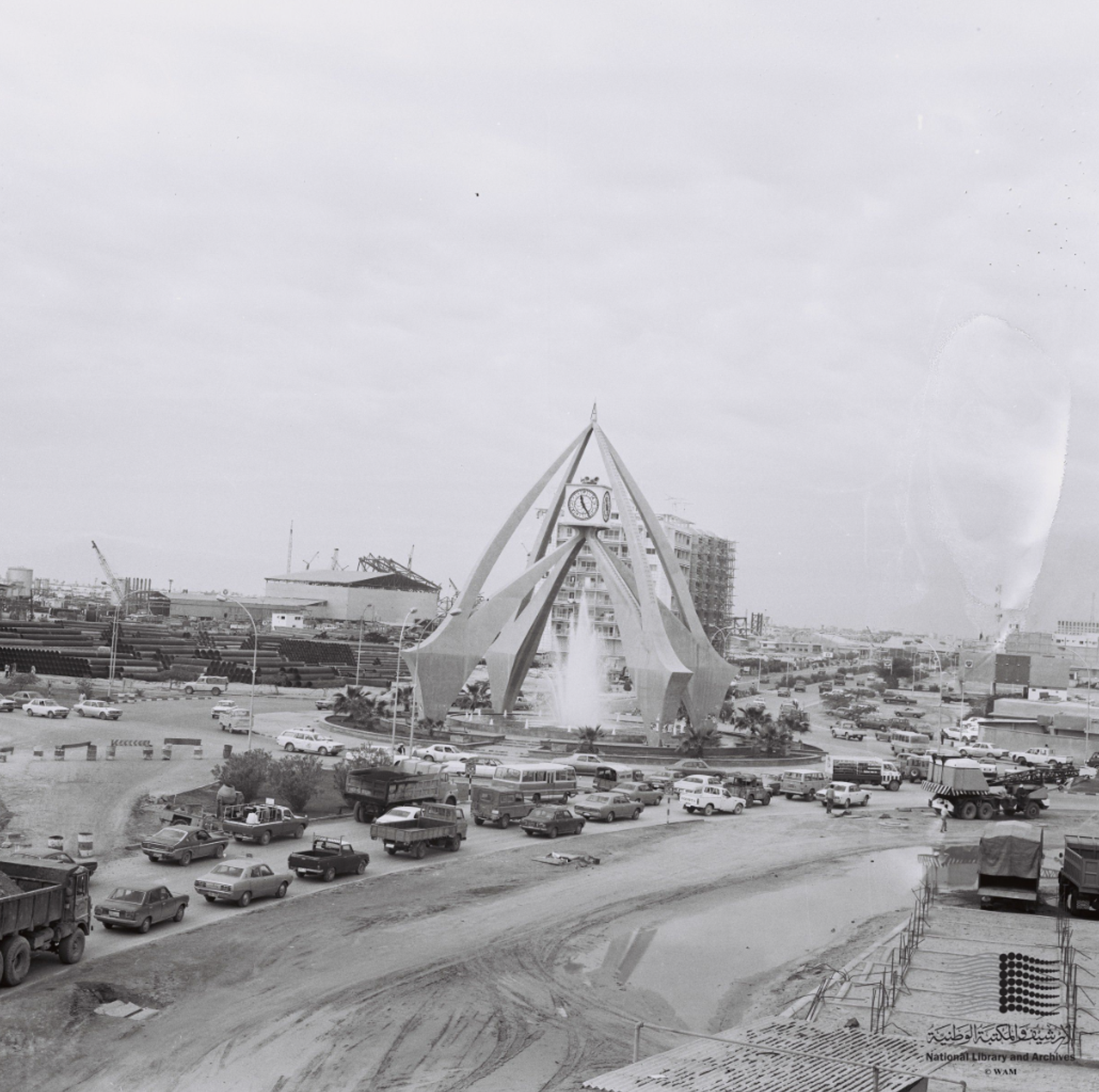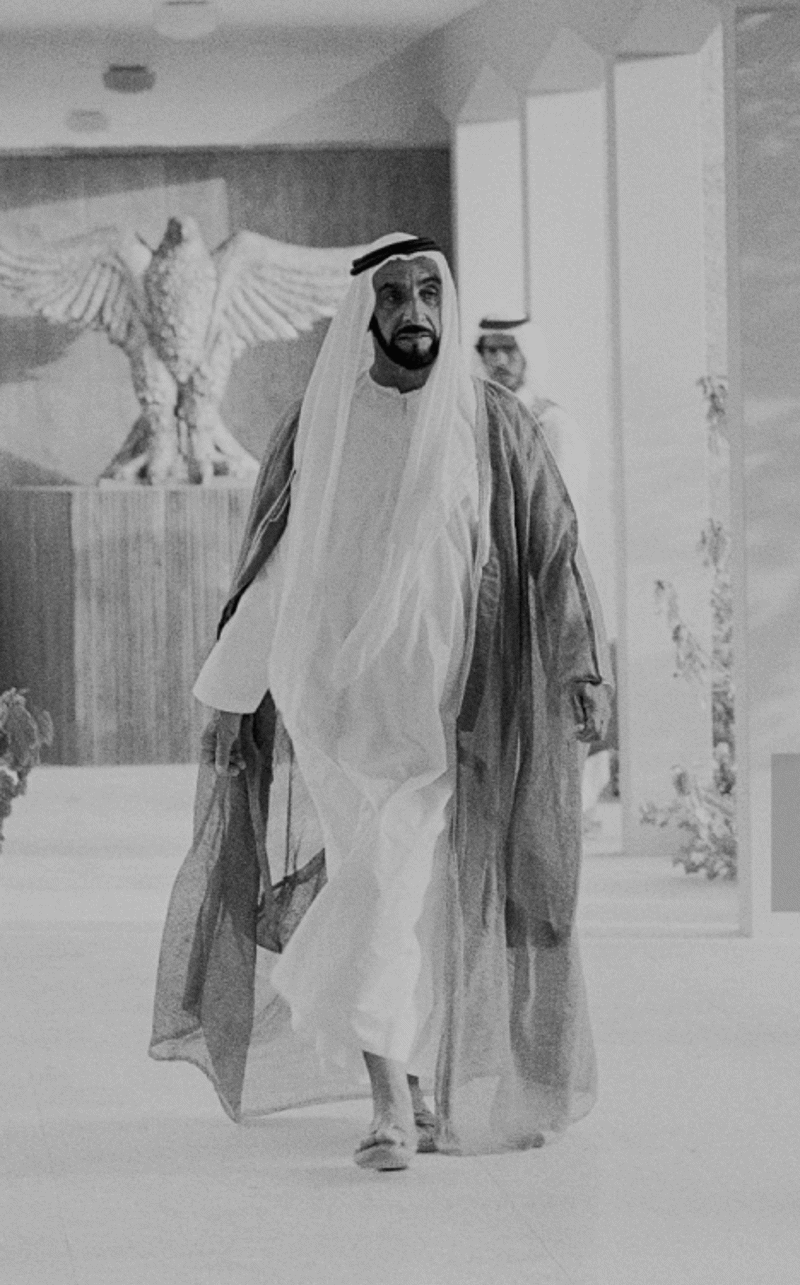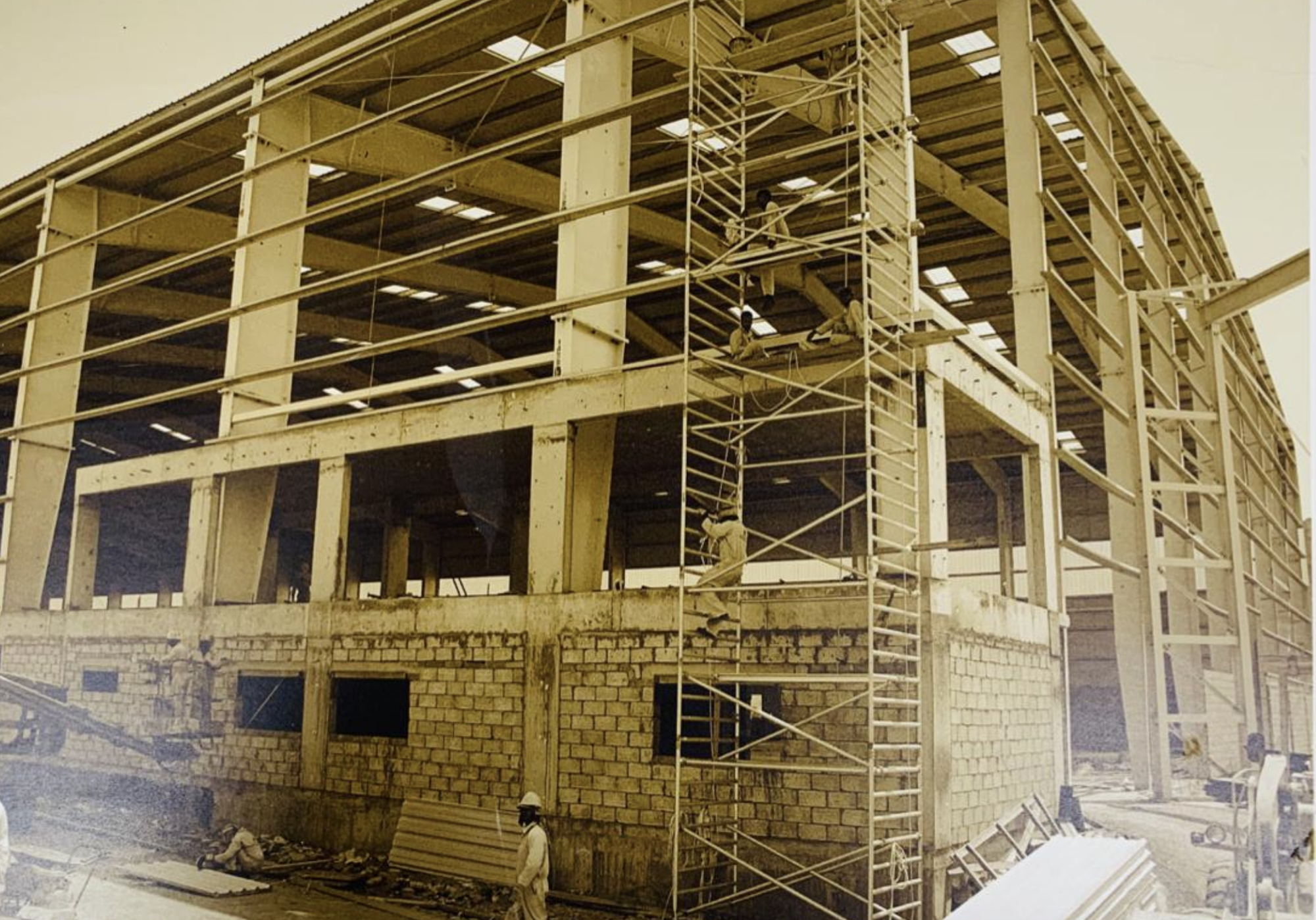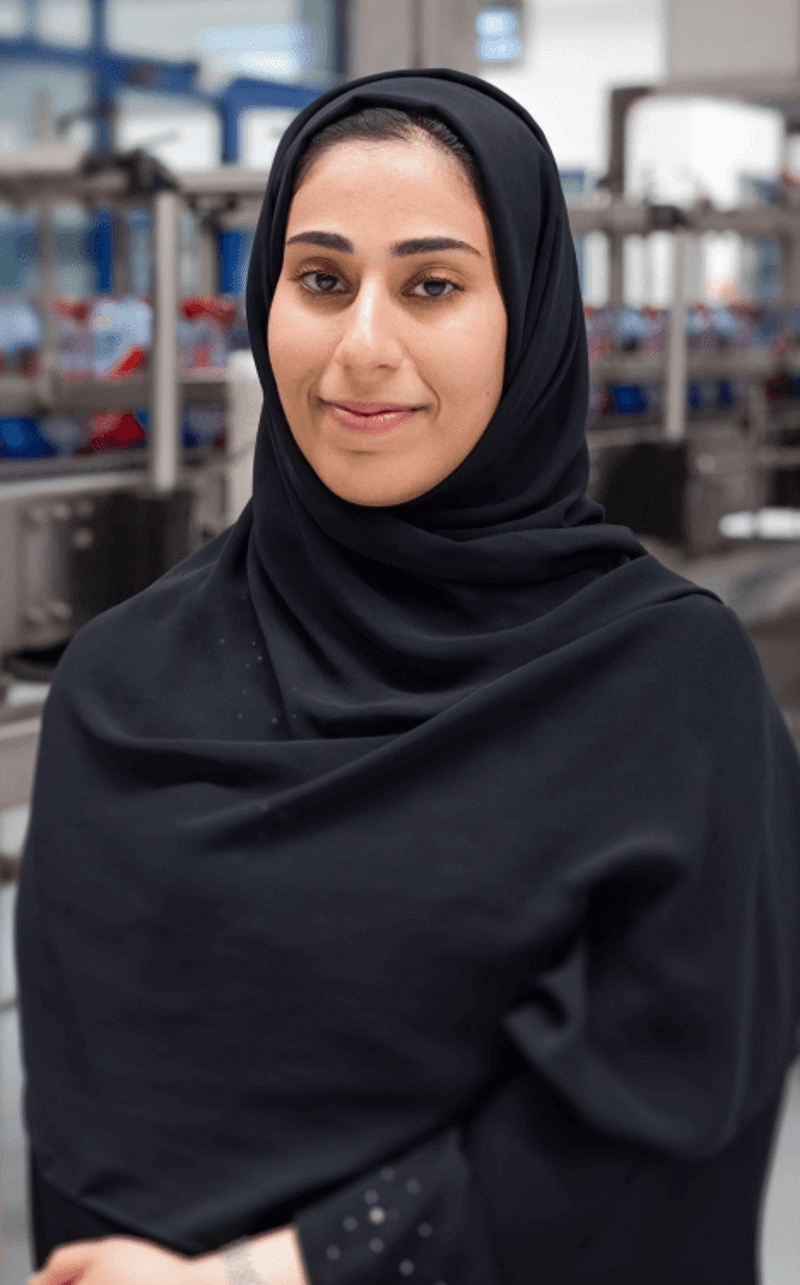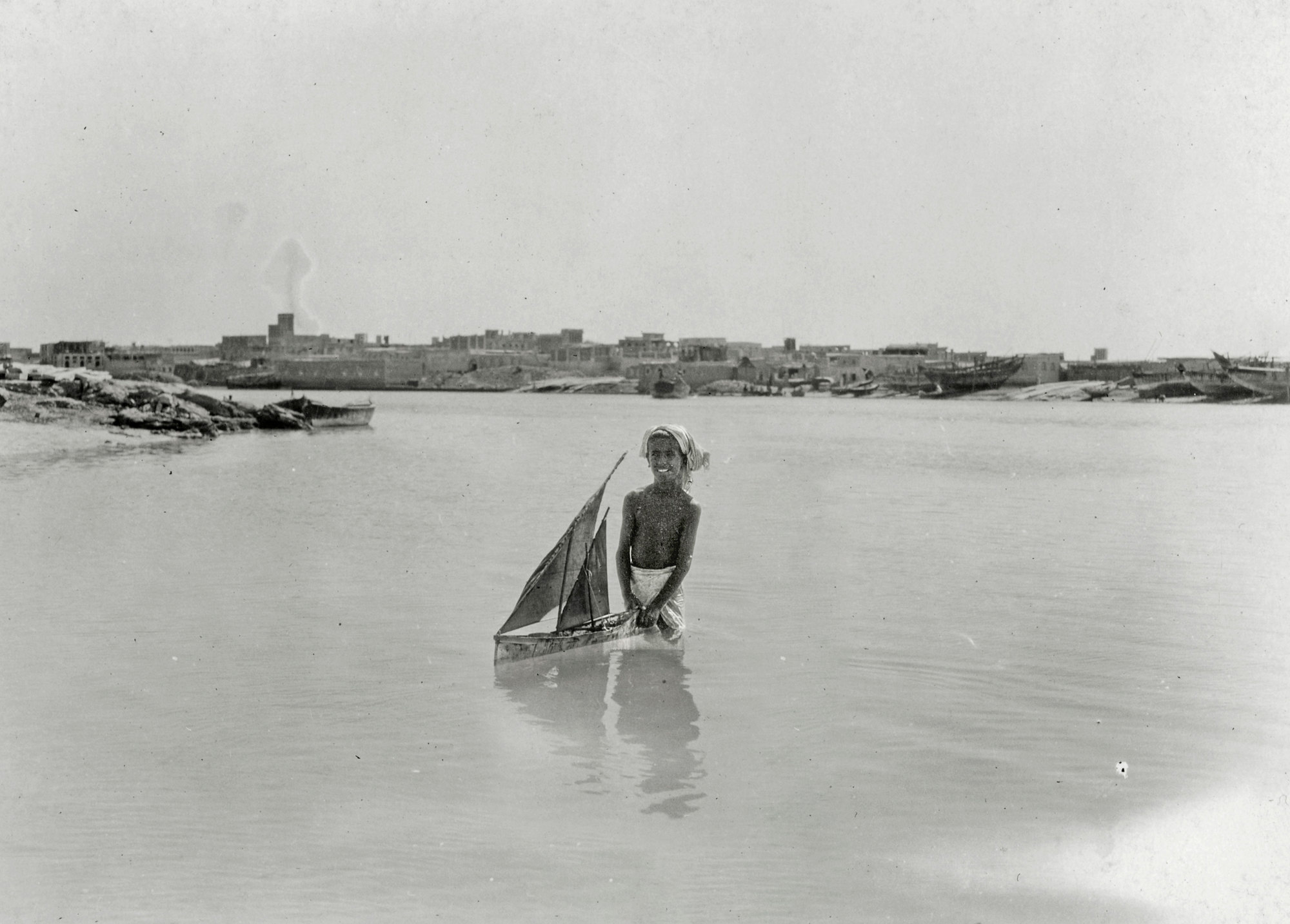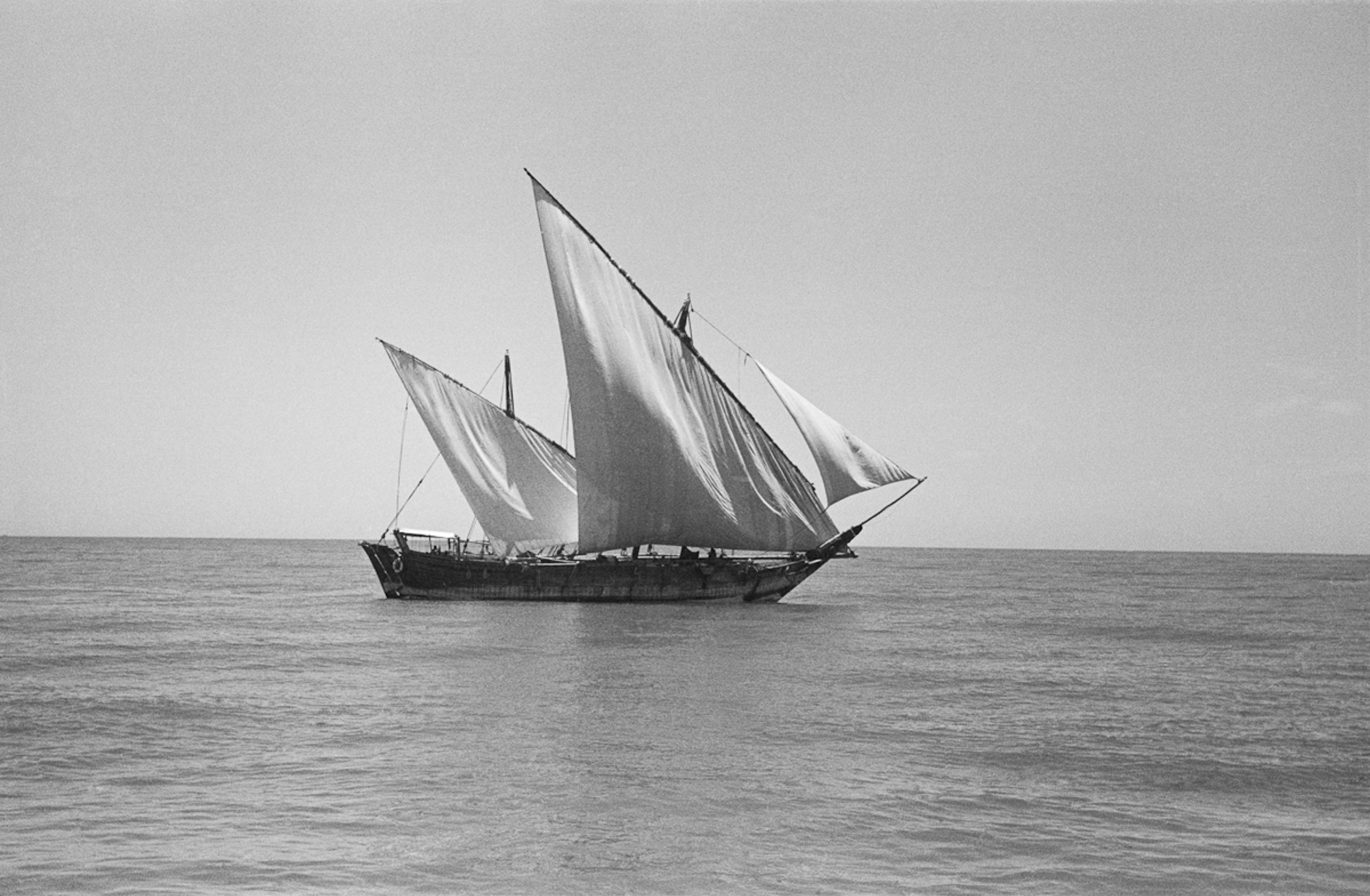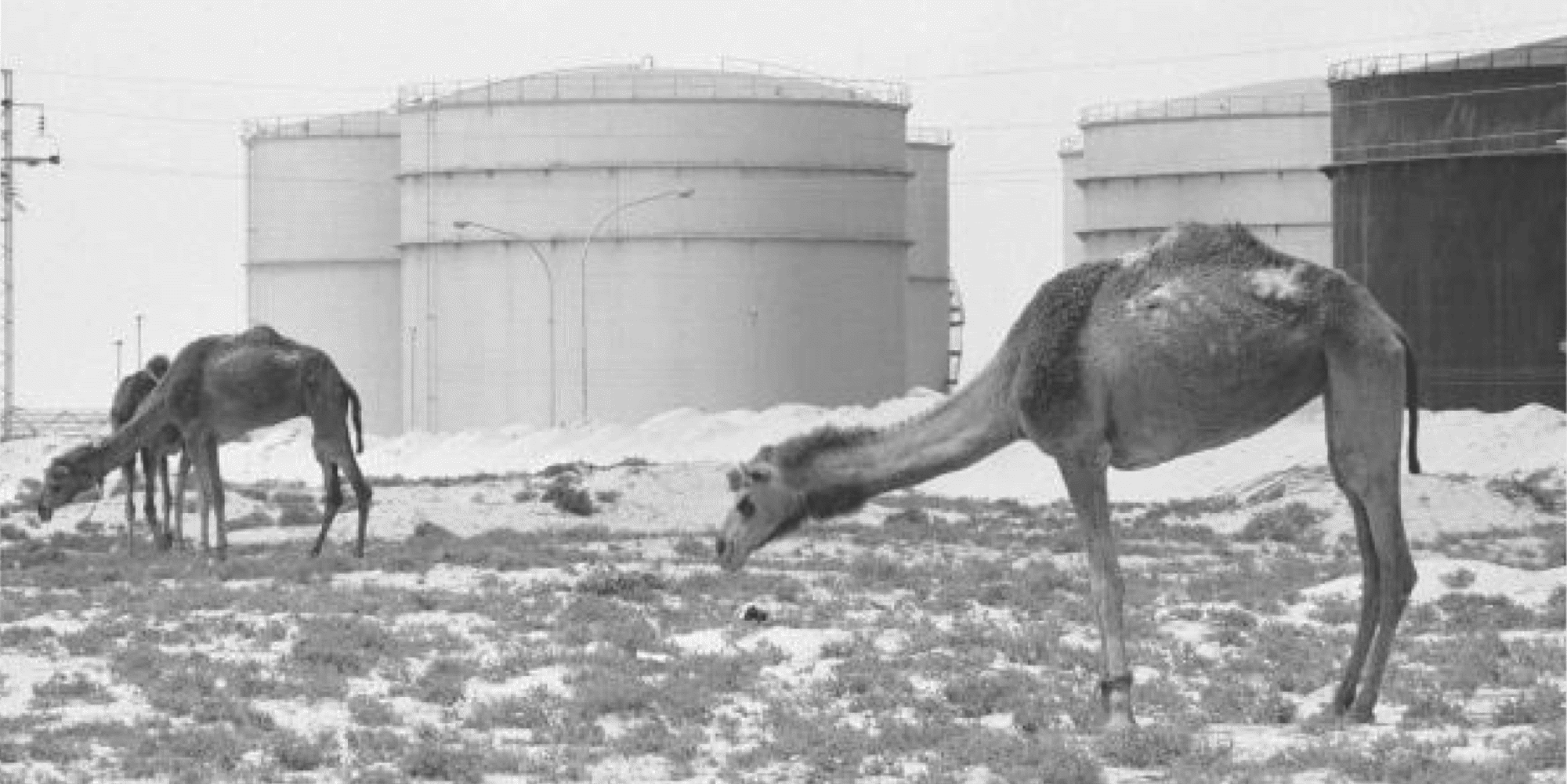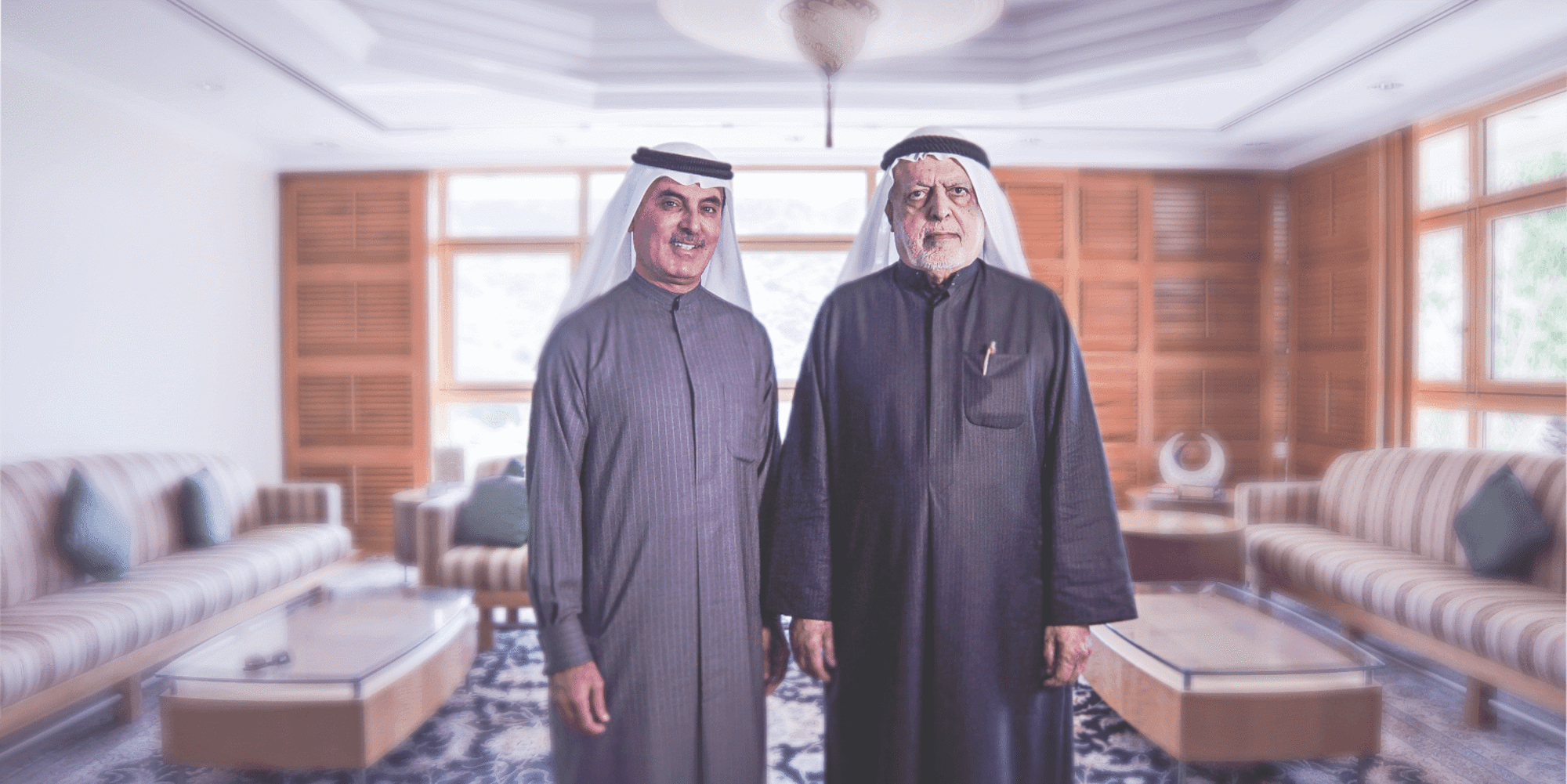Those who interacted and worked with Abdulla during this time remember that despite his success and lofty ambitions, he remained extremely humble, displaying strong moral values that he also sought to instil in his children. Friends recall how he went out of his way to keep them grounded - when he took them on holiday, they would fly economy rather than business class - and he went to great efforts to ensure they were always hospitable, whoever they were receiving. During this period, Abdulla's children would witness him inviting his colleagues and their families to his Majlis for dinner, knowing everybody's name and making people feel special.
But, above all, Abdulla was generous to those who needed it most. "Abdulla Al Ghurair used to care for poor families who live here, such as widows, impoverished households with many children,” recalls Awatif Khamis El Mehrizi, an administrator at the water factory in Masafi, which the family opened in 1977. “He would provide the families with all their needs. He would do this discreetly to preserve their dignity,” she notes, adding: “He used to visit the company [often]. I remember that he would speak to me the way someone speaks to his daughter, he never made me feel that I am an employee at his company. He never asked me about work. Instead, he would make me feel that he cares. He would ask about my health and whether I feel comfortable. He was very kind to us. I remember that he would bring us eggs and barley, and other nutritious food.”
Abdul Aziz Al Ghurair, his eldest son, also has vivid memories of his father's deep generosity. "I remember when I was as young as eight, I used to accompany my father to give away Zakat,” he recalls. “We used to go from one house to another [and] meet needy families, those eligible to receive Zakat. As early as this age I started my philanthropic journey. I was very young then, I did not know [what I was exactly doing], but the idea of philanthropy started to take shape within me."
